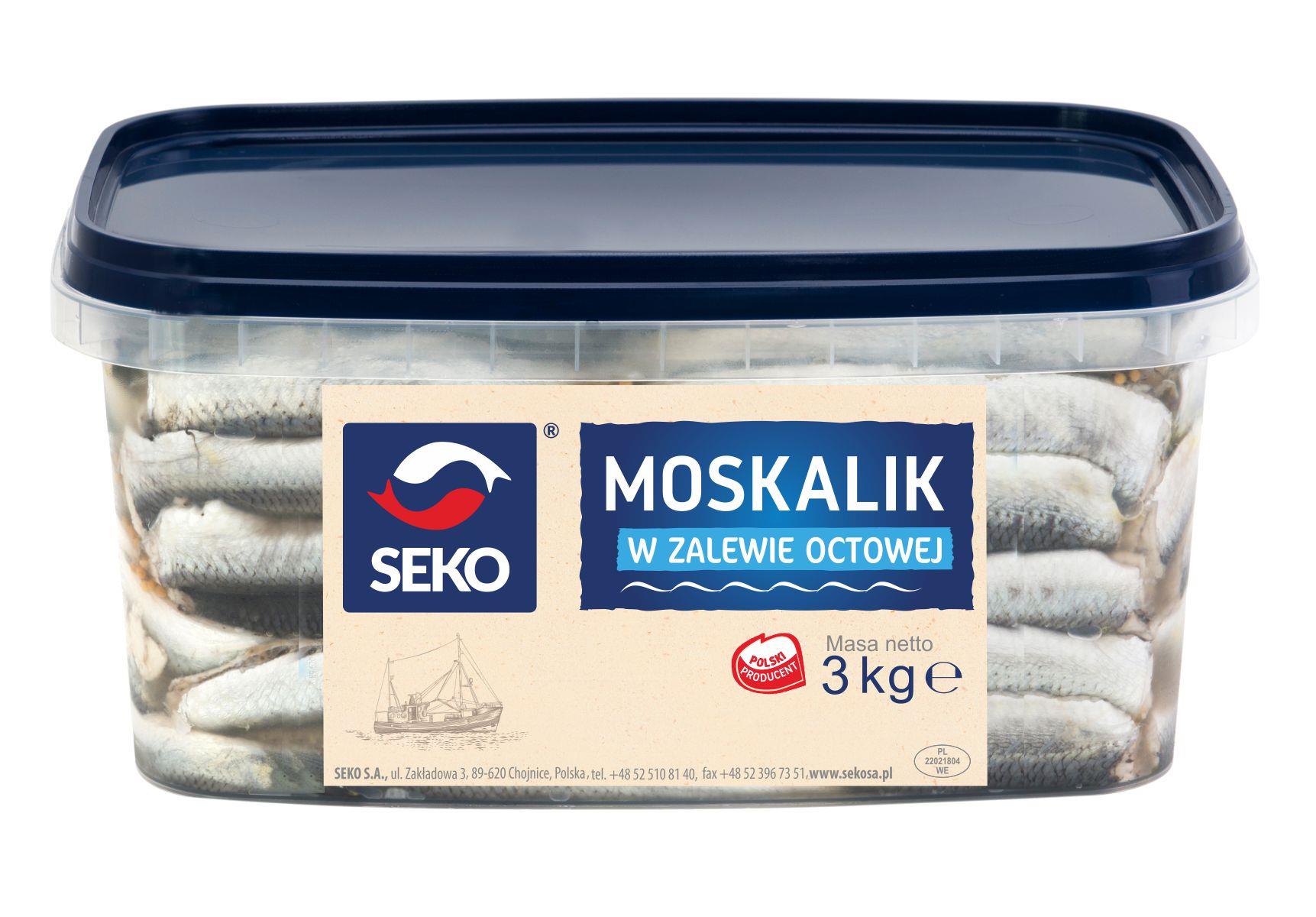This is the precision strike! Run the moskaliki, run! And cover.
This is the precision strike:
— Michael Novakhov (@mikenov) April 25, 2025
Car bomb kills Russian general near Moscow.
Major General Yaroslav Moskalik - Google Search https://t.co/J6yq9q3kAH
Moskalik held the rank of Lieutenant General and served as the Deputy Chief of the Main Operations Directorate of the General Staff… pic.twitter.com/F6KjSQfXkc
Want to know where this information comes from? Learn more
Images may be subject to copyright. Learn More
"Moskal" is a term, primarily used in Eastern European languages like Ukrainian, Polish, and Belarusian, that translates to "Muscovite" or "Russian." While historically neutral, it has evolved into a derogatory and offensive term for Russians. It's considered a pejorative and is sometimes used in a condescending or mocking way.
Here's a more detailed breakdown:
- Originally, "Moskal" simply referred to residents of the Grand Duchy of Moscow (the area that became the Russian Empire).
- In contemporary language, it's often used as an insult or slur for Russians, especially in countries like Ukraine and Poland.
- "Moskal" can be considered the reciprocal of the Russian term "khokhol" for Ukrainians. Other similar slurs for Russians include "kacap" in Polish and "katsap" (кацап) in Ukrainian.
- "Moskal" can also refer to a specific character type in Ukrainian puppet theater, the "Moskal-Charivnyk" film, and is a surname of Polish and Russian origin.
Generative AI is experimental.
Articles and Tweets - Post Link
Trump envoy meets Putin hours after Moscow killing of Russian general | Russia | The Guardian https://t.co/UCIiQqPQ1Z
— Michael Novakhov (@mikenov) April 25, 2025
Witkoff’s visit came hours after a senior Russian general was blown up outside his apartment in what appears to have been the latest Ukrainian operation deep…



Comments
Post a Comment